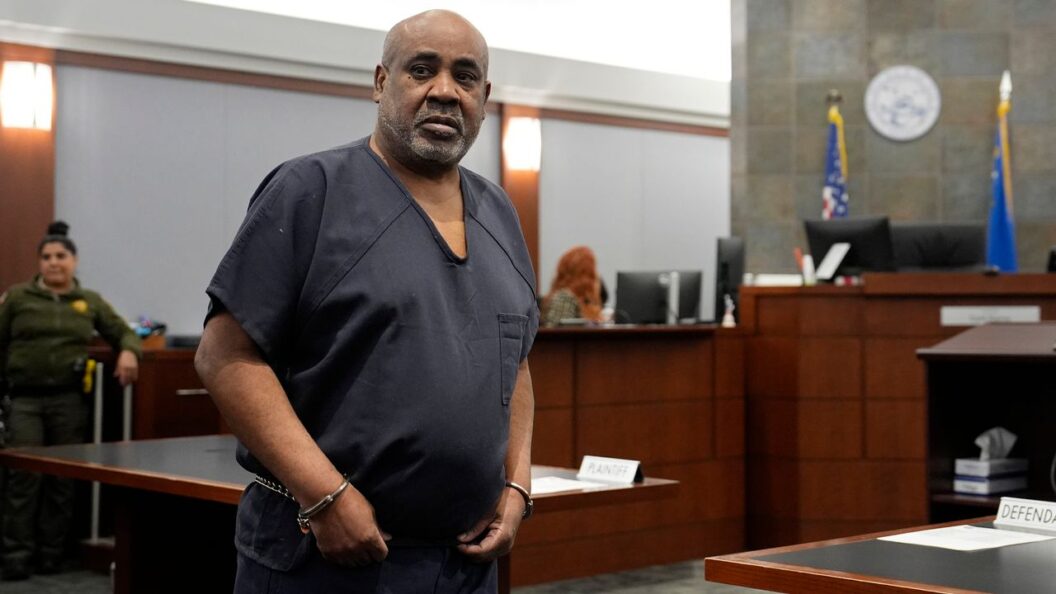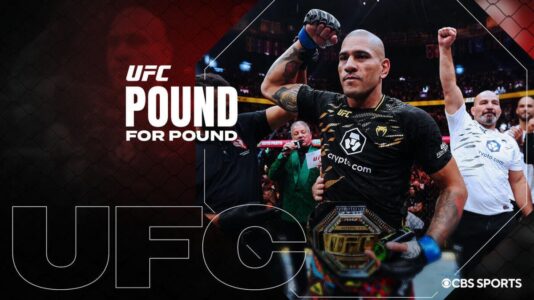Duane “Keffe D” Davis Speaks Out Following Tupac Shakur Murder Charges
Duane “Keffe D” Davis, a former gang leader charged with first-degree murder for his alleged involvement in the 1996 killing of iconic rapper Tupac Shakur, has recently granted his first significant interview since his arrest. Speaking with ABC News, Davis proclaimed his innocence, stating, “I ain’t killed nobody,” while shedding light on his complicated feelings surrounding the ongoing narrative of Shakur’s death.
Allegations Against Davis
Davis is not accused of shooting Shakur directly; however, prosecutors in Nevada maintain that he led the group responsible for the drive-by shooting that took the rapper’s life. This indictment marks a historic moment, as Davis stands as the only suspect ever charged in relation to Shakur’s murder. He has entered a plea of not guilty, and his legal team, led by attorney Carl Arnold, has made efforts to dismiss the case, citing prior immunity agreements that they argue protect Davis from prosecution.
Financial Motives and Personal Regrets
In his interview, Davis acknowledged his past engagement with the media—where he has commented on Shakur’s murder—and admitted that financial gain was a motivation behind sharing his story. Expressing remorse, he indicated that profiting from the tragedy always weighed heavily on him. “I regret doing interviews about Tupac’s death for the money,” he reflected, highlighting the ethical dilemmas faced by those embroiled in high-profile cases.
Trial Date Set for 2026
Davis’s trial is currently scheduled to begin on February 9, 2026. The extended timeline has raised eyebrows and elicited varied responses from legal experts and Shakur’s fans alike. There are concerns that a trial so many years after the event may impact the pursuit of justice, as memories fade and evidence becomes scarce. The upcoming proceedings will be closely monitored, both for their legal implications and their impact on public perception regarding one of music history’s most notorious unsolved murders.
Cultural Impact of Tupac Shakur
Tupac Shakur, whose music touched on themes of racial inequality, violence, and struggle, remains an influential figure more than two decades after his untimely death. The ongoing interest in his life and murder reflects both a cultural obsession with hip-hop history and the unresolved nature of his demise. The charges against Davis, amid the continuous exploration of Shakur’s legacy, prompt discussions about justice, fame, and the responsibility of narrative ownership.
Conclusion
As Duane "Keffe D" Davis prepares for trial, the fusion of his charged narrative with the enduring legacy of Tupac Shakur presents a compelling lens through which to view issues surrounding crime, celebrity, and redemption. Given the enormity of Shakur’s impact on music and culture, the upcoming legal proceedings could not only determine Davis’s fate but also resonate deeply within the broader context of America’s ongoing dialogue about race, violence, and justice in the music industry. This unfolding story fortifies the notion that while the past may be shrouded in ambiguity, its shadows continue to loom large over present dynamics in culture and law.
For those interested, the ABC News interview video can be found through their official channel.









